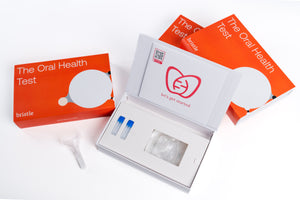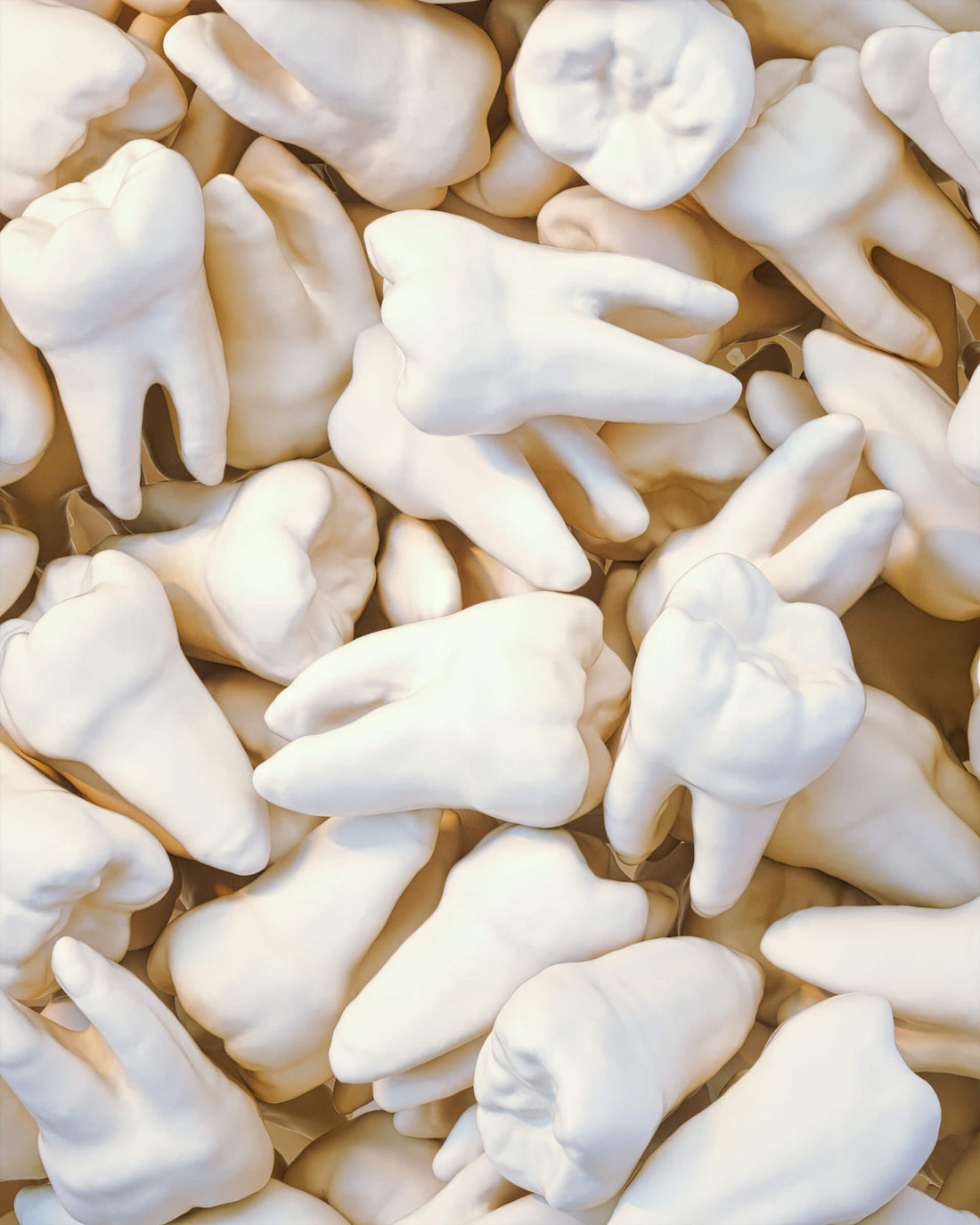What is burning mouth syndrome?
Burning mouth syndrome (BMS) is a chronic disease that is characterized by the recurrent feeling of burning, itching, or scalding in the mouth without any obvious causes.
BMS is classified into two types: Primary and secondary BMS.
Primary burning mouth syndrome is categorized by the lack of any underlying medical issues that could be potential causes of BMS.
Secondary burning mouth syndrome is categorized by an underlying medical issue that when solved typically resolves symptoms of BMS.
What are symptoms of burning mouth syndrome?
People with burning mouth syndrome may experience the following symptoms:
What causes burning mouth syndrome?
Burning mouth syndrome is a chronic and diverse disease that may have multiple causes. There is no known singular cause of burning mouth syndrome. However, a number of case studies have pointed to a few potential causes. Specialists believe that BMS may be caused by nerve damage in the mouth, especially nerves involved in taste and pain.
Some case studies have now shown that in some patients burning mouth syndrome may be caused by a virus called herpes simplex virus type 1 (HSV-1). One patient was diagnosed with burning mouth syndrome, and had their saliva tested for potential causes. Their saliva showed a high abundance of HSV-1, and the patient was treated with an anti-viral drug valacyclovir, which relieved pain and cured symptoms of burning mouth syndrome (3).
Some research studies suggest that the oral microbiome, the community of bacteria, fungi, and viruses in the mouth, may play a role in the development of BMS (1,2). Overabundance of Candida and Helicobacter pylori have been detected in patients with BMS.
How common is burning mouth syndrome?
Burning mouth syndrome is extremely rare, and affects approximately 2% of all women. Women suffer from burning mouth syndrome about 7 times more frequently than men. This suggests that there is a genetic or hormonal component to burning mouth syndrome.
What are some risk factors for burning mouth syndrome?
Burning mouth syndrome may be more common if you are:
However, burning mouth syndrome typically happens unpredictably, and can happen suddenly.
What are some other potential triggers for burning mouth syndrome?
Contribute to burning mouth syndrome research
Early research studies suggest that burning mouth syndrome may be accompanied by changes in the oral microbiome, a community of bacteria, fungi, and viruses that live in the mouth. (4)
The data suggest that specific changes to the oral microbiome may be helpful in diagnosing BMS. Members of the oral microbiome have been shown to interact directly with neurons and the immune system in the mouth, which . If you are currently suffering from symptoms of BMS or have been recently diagnosed with BMS, you can participate in improving the understanding of how the oral microbiome may contribute to BMS pathology by oral microbiome testing with Bristle through a saliva test.
How can burning mouth syndrome be diagnosed?
BMS is difficult to diagnose, especially because it is usually characterized by the lack of visible symptoms. Most cases of secondary BMS can be solved by addressing the underlying medical issue like gum disease, which your dentist may be able to cure.
However, in some cases, a dentist may refer you to an ear nose and throat specialist who can also diagnose and treat BMS. Blood tests, saliva tests, allergy tests, and biopsies may be used to diagnose BMS.
Early research suggests that BMS is accompanied by high abundance of pathogens, suggesting that microbial cultures or molecular assays may be helpful as a diagnostic tool. However, more research is needed to demonstrate their efficacy.
How can burning mouth syndrome be cured?
Due to the complexity of BMS, there is no single treatment to cure BMS. However, symptoms may be reduced by avoiding potential triggers such as:
In one published case, a patient with high levels of HSV-1 was cured by treatment with valacyclovir. However, not every case of BMS presents with high levels of HSV-1, and HSV-1 testing may help determine whether anti-viral treatment might be right for you and your BMS.
Biopsies of patients with BMS have shown high abundance of opportunistic pathogens, such as Candida, H. pylori, Enterobacter, Klebsiella, and Fusobacteria. However, more research is needed to determine whether reducing these pathogens has an effect on BMS.












